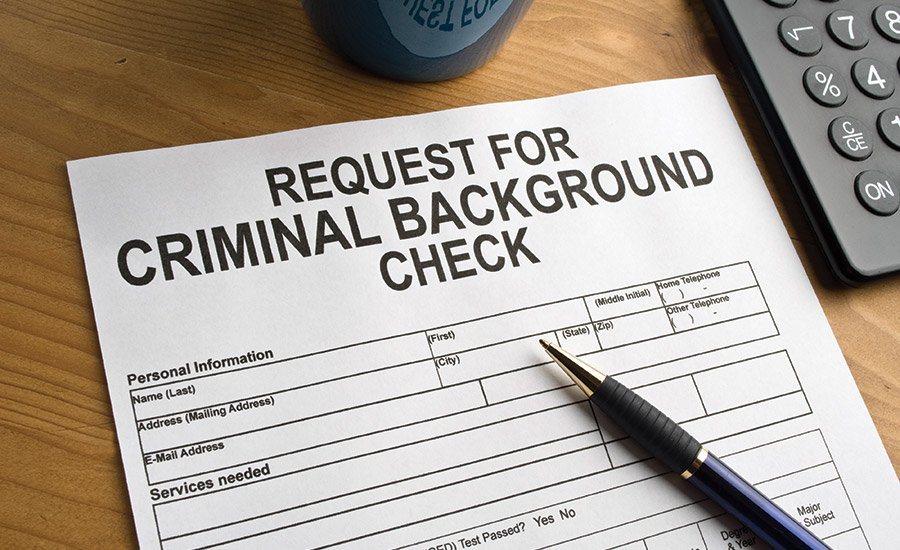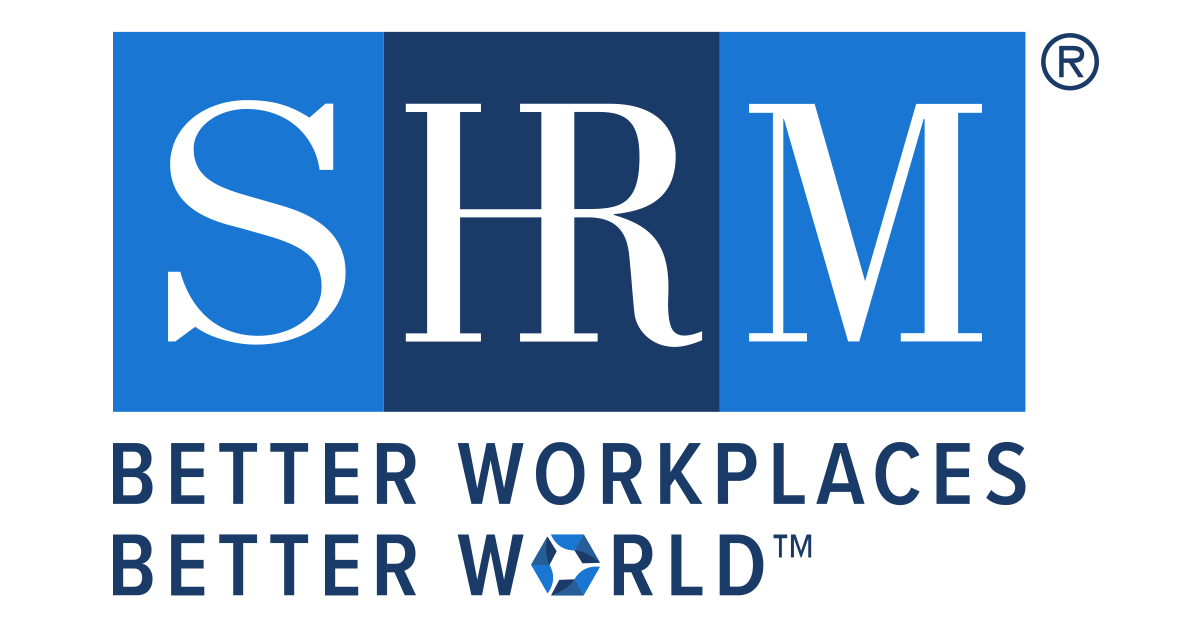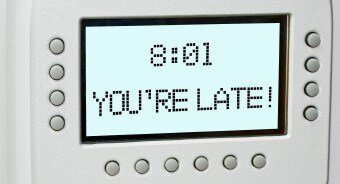
What Should I Include in My Letter of Explanation About My Criminal History?
Telling the truth about your criminal convictions is critical because this honesty gives you the best opportunity to demonstrate your honesty to an employer. If you are applying for work, have a criminal record, and know the employer is going to run a background check, you should have a letter of explanation (LOE) prepared.

Once I Go to Treatment, Am I “Cured” of Being an Alcoholic or Addict?
Just like going to the gym for a month will not make up for a life filled with bad eating and poor exercise habits, a month (or six) in a rehabilitation facility will not “cure” an addict or alcoholic of their condition.

How Do I Transition Back Into the Workplace After Going to Treatment?
Considering a return to work after going to rehab can cause anxiety for many. While companies do a great job of providing Employee Assistance Programs (EAPs) or health insurance that covers the cost of drug or alcohol treatment, there is almost no guidance after the employee returns to the workplace.

How Do I Figure Out Whether an Employer Will Do a Background Check?
If you have a criminal record, you should try to figure out if a company does a background check before you apply, and if so, what kind. For a big company, there is probably a lot of info about this. If you have felonies, you should pay close attention to this information. If the company has a policy that says they do not hire people with felonies, unless you have some fantastic connection at the company that can override policy, you are probably wasting your time.

When Will I Know I'm Ready for a Career Position?
On the ABC Employment Path - A for Any Job you can get, B for the Better Job - C, the Career position is the ultimate destination. It is where all the hard work and dedication that you poured into the A and B jobs pays off with a career that pays you well, allows professional and personal growth, and that you enjoy.

How Do I Explain My Job Gap to an Employer?
Job gaps on a resume can be a red flag to an employer, and if you are recovering from a life of addiction, homelessness, and/or criminal justice involvement, it is likely that there will have been long periods where you did not have traditional employment.

What Is An Employment Portfolio?
An Employment Portfolio is a tool that will help you tell your story to an employer. It gathers all the documentation you need to show an employer who you are as a potential employee. It will contain some standard items for your job search and a couple of additional pieces that will be very useful if you have a long job gap or criminal convictions.

What Kind of Skills Can I Learn Working Recovery Jobs?
A recovery job is a position taken in early recovery to get used to working again. Often, these are positions similar to those first jobs many people had as teenagers. In my ABC Employment Path model, these are listed under “A” for Any Job, meaning someone in early recovery should take any job they can.

What Are the Qualities of a Great Job in Early Recovery?
When I teach about employment in recovery, I use the ABC Employment Path as a template. The “A” in ABC stands for Any Job, meaning that in early recovery, you should be willing to take any job you can get to get used to working again and making money legally.

Concept: The 3 P’s of an Employment Comeback
For those recovering from addiction and past criminal justice involvement, the challenge is often not finding employment in general - there are many entry-level minimum wage jobs available. The bigger hurdle is finding a good job that pays well and has opportunities for advancement.

What Are the Benefits of Second Chance Employment for Businesses?
Second chance employment is not charity or a handout. It is a genuine opportunity for businesses to find workers who will make a positive impact.

What Is Second Chance Employment?
According to SHRM, second chance employment is the act of employing formerly incarcerated individuals, people in recovery, or other applicants whose life choices and situations have disadvantaged them in obtaining stable employment.

What’s the Difference Between an Arrest and a Conviction?
An arrest means that a person was taken into custody and temporarily held by the police. An arrest does not mean that someone broke the law.

What Skills Can I Learn in an “A” Job?
In the ABC Employment Path, the “A” stands for ANY job. This means that in early recovery or just after release from incarceration, the most important thing is to take any job possible to get used to working again, make some legal money, and begin to build skills. For some who were criminal justice-involved, there may also be a probation or parole requirement that includes work.

The Three Most Important Skills Employers Want
Transferable skills and self-management skills are important for employees to possess because they are highly sought after by employers. But even people who don’t have these types of skills can make themselves highly valuable by demonstrating the three skills that employers care about the most.
